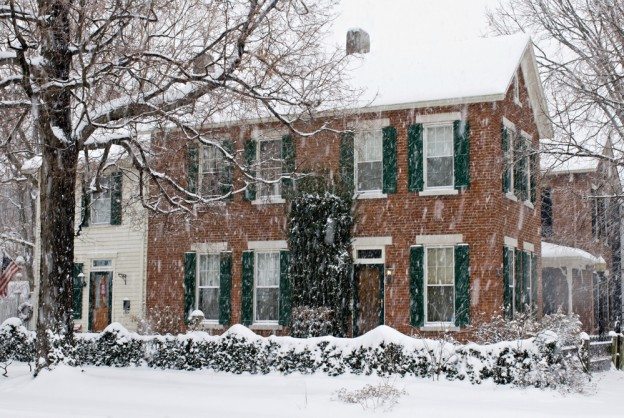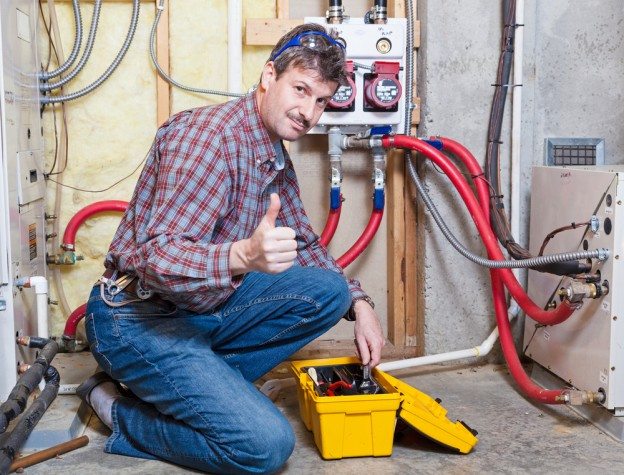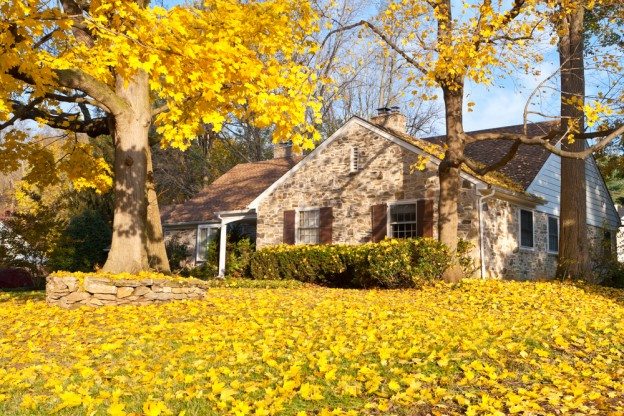When you bought your dream home, heating and cooling might not have been at the front of your mind. Simply put, older homes aren’t as energy-efficient as newer ones, partially due to an aging HVAC system, unless a recent owner sprung for an upgrade.
Today’s air conditioners, furnaces and boilers come with energy efficiency ratings, and upgrading to an Energy Star model can drastically reduce energy consumption and utility bills. However, it’s costly. A reputable HVAC technician will tell you whether you have a lot of life left in your current system, or if it’s better to replace it.
Another issue with older homes is the architecture. Energy efficiency just wasn’t a priority years ago. The windows and doors might not offer much insulation, and the home may have air leaks and drafts. Those soaring vaulted ceilings and that ample attic space probably seemed like a bonus when you bought the home. Now that winter’s creeping in, you’re left wondering why you’re trying to heat empty attic space and a room with 20-foot ceilings.
Luckily, you can reduce energy usage in a number of ways.
This Old Home …
Don’t regret your decision to purchase your vintage charmer. It’s lovely and full of character ― it just needs a little help in the energy department. Try out these tactics to help your furnace or boiler be more efficient this winter:
- Get a maintenance check ASAP: When’s the last time you had your HVAC system serviced? Just a few repairs or small part replacements can make a huge difference. For example, clogged vents can make your system work overtime. Schedule inspections every autumn and spring, starting right now.
- Optimize your home’s insulation: If your home has its original windows (or cheap upgrades), you’re losing a lot of heat at these exit points. You can slowly replace windows with energy-efficient models, but in the short term, adding an insulating film or caulking around the edges (if they leak) can work wonders.
- Adjust your thermostat: If you’re walking around in shorts and a T-shirt while decorating the holiday tree, something’s amiss. Unless you live in Hawaii, you should be bundling up a little indoors during the winter months. Your heating system isn’t supposed to make you think you’re in the tropics, but rather keep you reasonably warm while you still wear long sleeves and fuzzy socks.
- Block off unused space: One of the bonuses with many older homes is all that space. However, if you have a sprawling five-bedroom, mid-century, modern home but only one or two people live there, why are you heating the whole house? Close off rooms that aren’t used.
To schedule your inspection and for more heating and cooling tips, call Complete Heating & Air Conditioning today.



